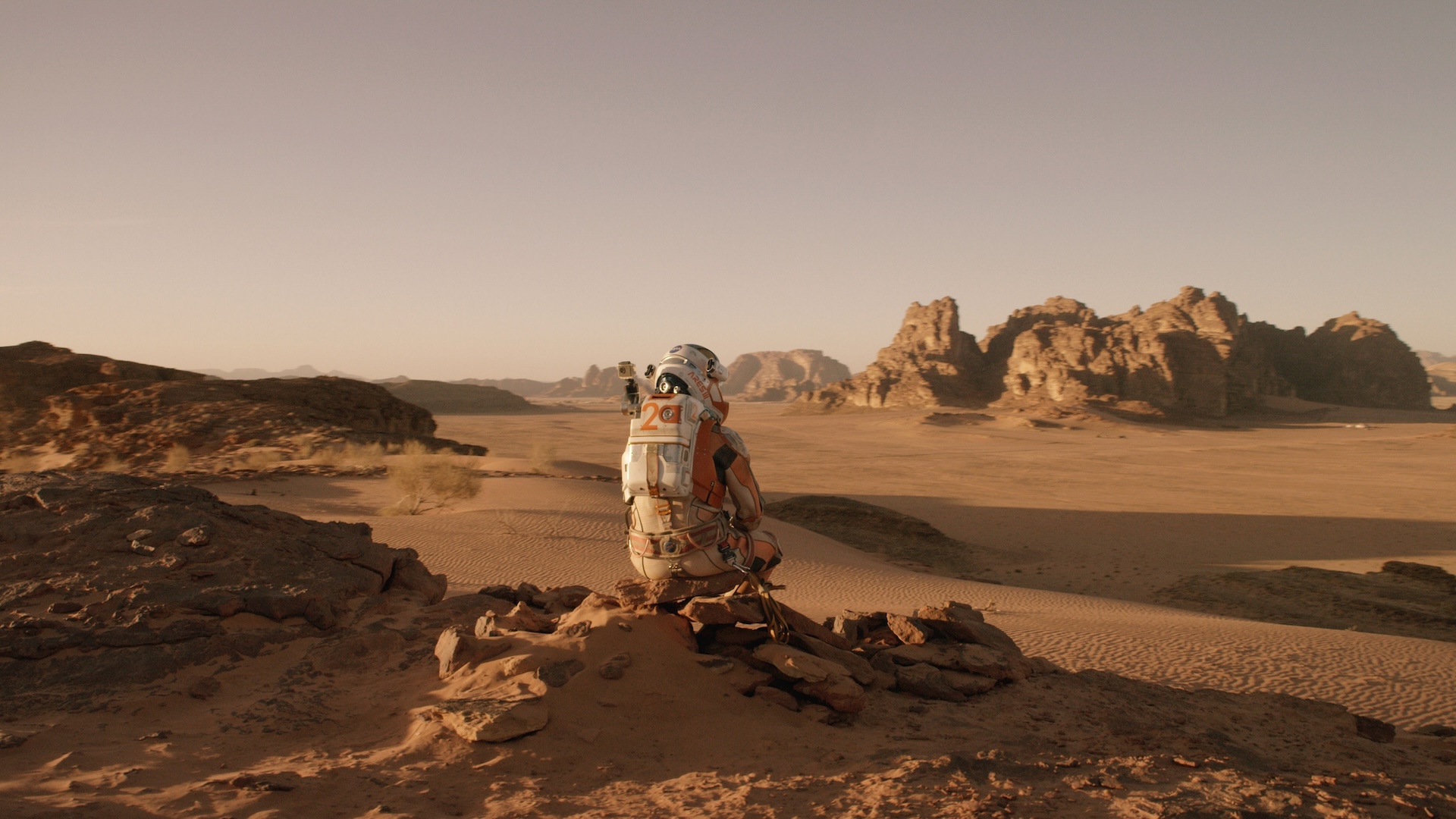Opinion
Latest Opinion

Robots run out of energy long before they run out of work to do — feeding them could change that
By James Pikul published
Even the best batteries fall far short of animal metabolism for energy storage. Fueling robots with 'food' could narrow the gap.

AI 'hallucinates' constantly, but there's a solution
By Artur Garcez published
Opinion Neurosymbolic AI combines the learning of LLMs with teaching the machine formal rules that should make them more reliable and energy efficient.

What if the Big Bang wasn't the beginning? New research suggests it may have taken place inside a black hole
By Enrique Gaztanaga published
Was the Big Bang really the beginning of the universe, or are we 'bouncing' between periods of expansion and contraction? A new theory makes testable predictions.

What goes up must come down: How megaconstellations like SpaceX's Starlink network pose a grave safety threat to us on Earth
By Samantha Lawler published
Opinion Thousands of satellites with incredibly short lifetimes are being sent up into low Earth orbit. When they fall back down they're fireballs of pollution — and what doesn't burn up hits the ground.

The WHO penned the world's first pandemic agreement — but the US isn't signing
By Nicole Hassoun published
Opinion The U.S. withdrew from treaty negotiations on President Trump's first day in office.

'The Martian' predicts human colonies on Mars by 2035. How close are we?
By Ari Koeppel published
Opinion NASA hasn't landed humans on Mars yet. But thanks to robotic missions, scientists now know more about the planet's surface than they did when the movie was released.

How much of your disease risk is genetic? It's complicated.
By Arun Durvasula published
Opinion Environmental factors such as lifestyle and the medications you take influence the effects your genes have on your body — and can clarify how diseases develop.

Does light lose energy as it crosses the universe?
By Jarred Roberts published
The speed of light is the fastest anything can travel. What happens to a photon from a galaxy 25 million light years away on its journey toward Earth?

There's 90,000 tons of nuclear waste in the US. How and where is it stored?
By Gerald Frankel published
The decades-long struggle to find a permanent place to dispose of nuclear waste will continue, probably for many years to come.

Colossal's de-extinction campaign is built on a semantic house of cards with shoddy foundations — and the consequences are dire
By Vincent J. Lynch published
Opinion "Dire wolves" created by Colossal Biosciences were pegged as "the first animals in history to be brought back from extinction." But that all depends on your definition of de-extinction — and Colossal's definition isn't the same as everyone else's.
Sign up for the Live Science daily newsletter now
Get the world’s most fascinating discoveries delivered straight to your inbox.
